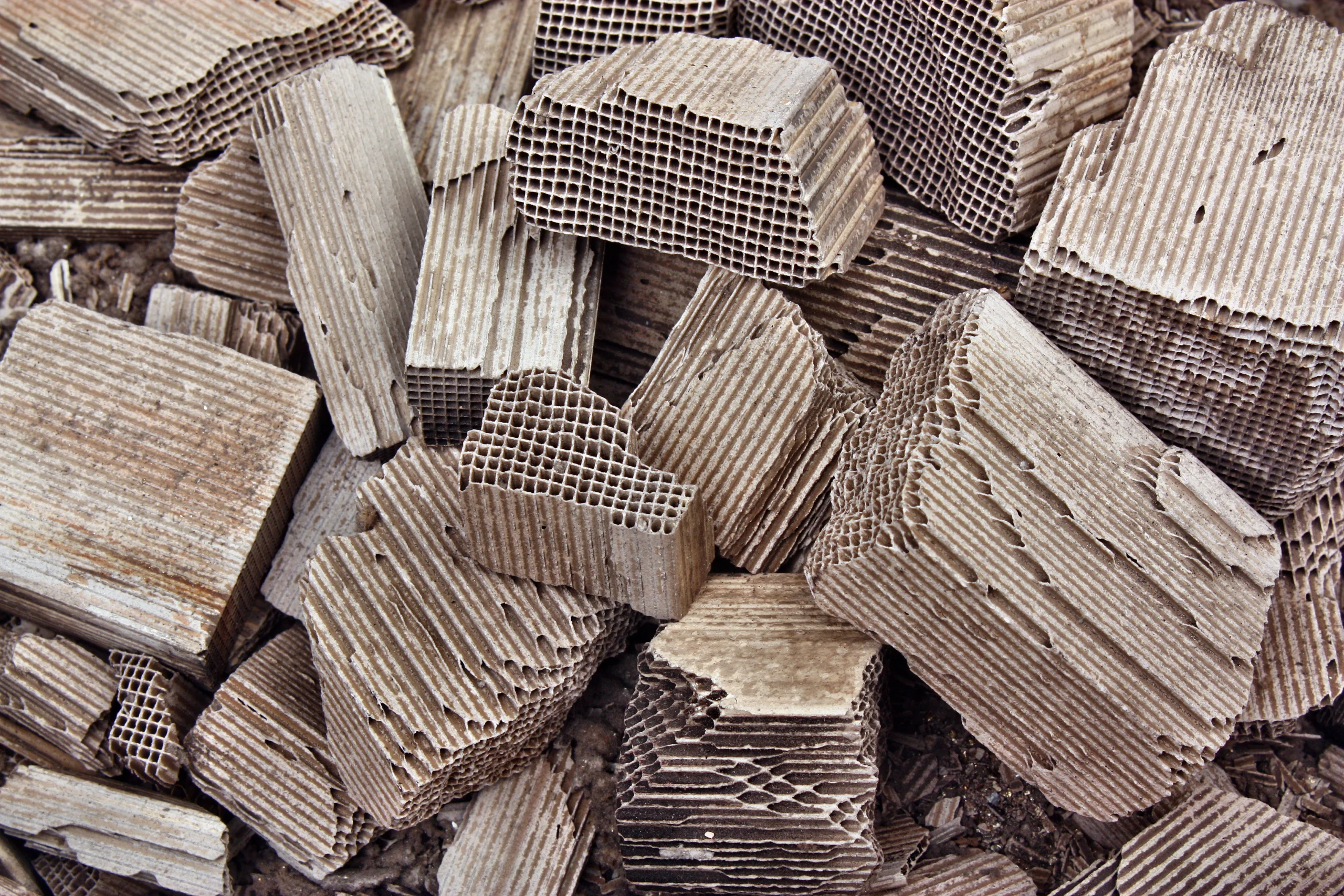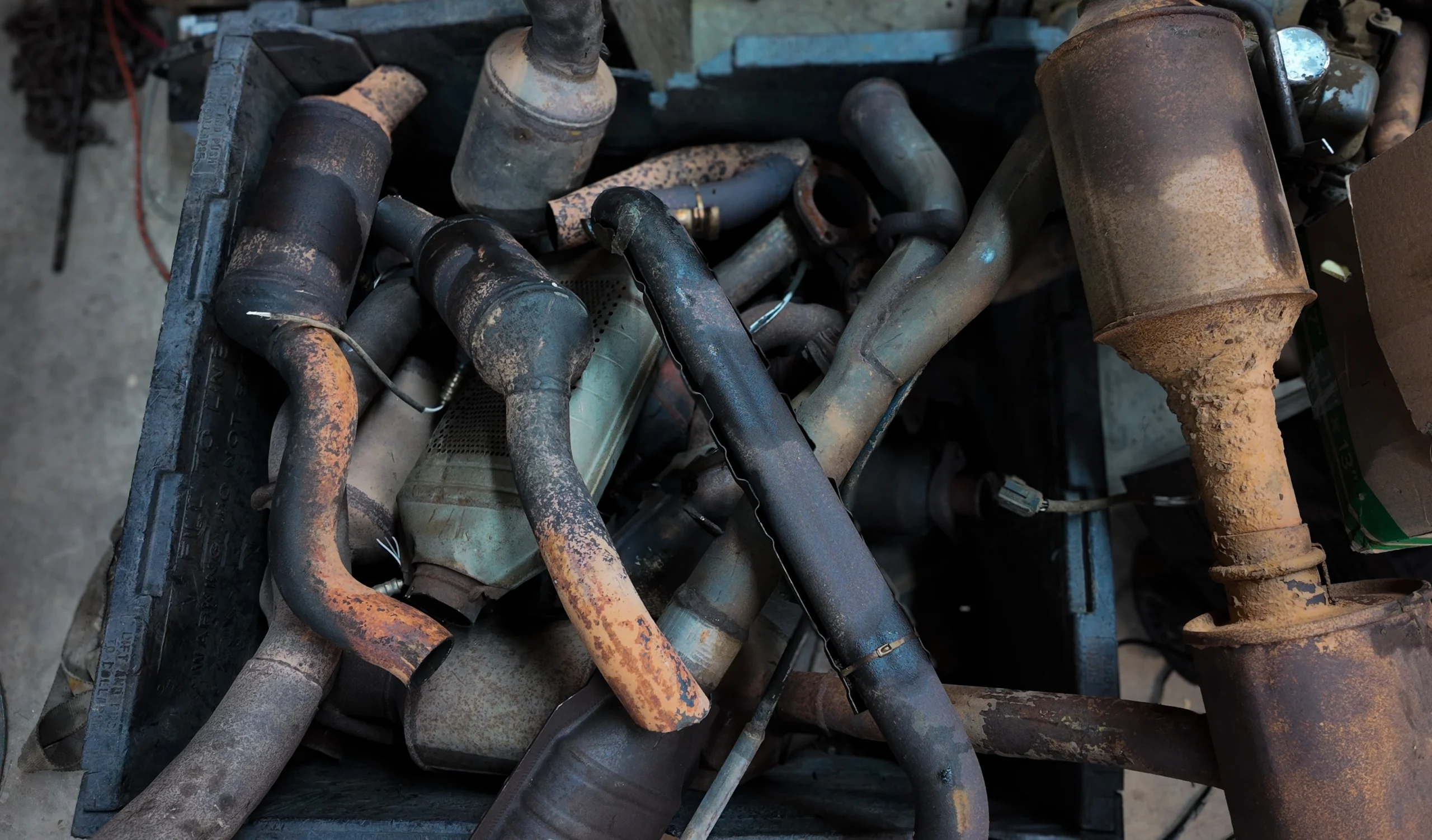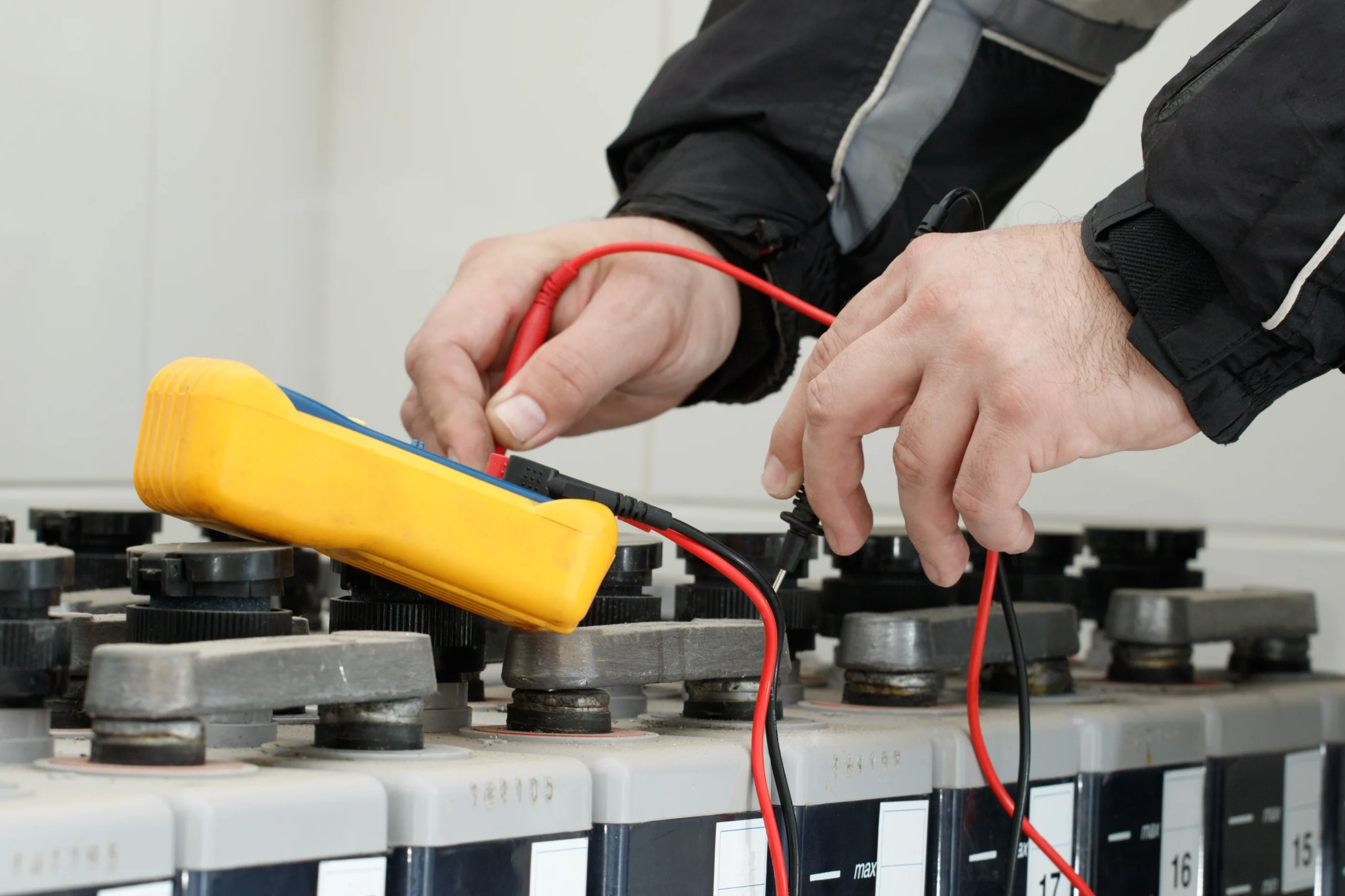Most business owners have no idea they’re sitting on a goldmine. Used automotive parts collecting dust in warehouses, service centers, and scrap yards contain more valuable materials than many realize. Catalytic converter recycling has quietly become one of the most lucrative opportunities in the circular economy, with smart operators extracting serious profits from what others consider worthless junk.
The Secret Value Inside Your Exhaust System
Every catalytic converter houses a fortune in precious metals that would make a jewelry store jealous. These unassuming metal canisters pack platinum, palladium, and rhodium – materials worth more per ounce than gold itself. According to MIT’s Materials Research Laboratory, a single converter can contain $50-$500 worth of recoverable precious metals, depending on the vehicle type.
Unlike traditional scrap metal, these automotive components concentrate valuable materials in easily accessible forms. Modern vehicles require increasingly sophisticated emission control systems, meaning newer catalytic converters pack even more precious metal punch than their predecessors.
Market Forces Creating Unprecedented Opportunities
Supply Chain Disruptions Drive Demand
Recent supply chain challenges have created perfect storm conditions for catalytic converter recycling profits. Mining operations face ongoing disruptions while automotive manufacturers desperately need steady precious metal supplies. Research from Stanford’s Precourt Institute shows recycled sources now supply over 40% of industrial platinum demand.
This supply crunch means catalytic converter scrap price values have reached historic highs, with no signs of declining demand. Smart recyclers position themselves as essential links in global supply chains, commanding premium pricing for quality materials.
Technology Amplifies Recovery Rates
Advanced processing technologies have revolutionized precious metal extraction efficiency. Where older methods recovered 70-80% of available metals, cutting-edge techniques now achieve 95%+ recovery rates. This technological leap transforms previously marginal materials into highly profitable resources.
Strategic Approach to Catalytic Converter Valuation
Vehicle-Specific Pricing Intelligence
Catalytic converter price determination requires sophisticated understanding of automotive engineering. Luxury vehicles, diesel engines, and hybrid systems each use unique catalyst formulations with dramatically different precious metal loadings.
European vehicles typically contain higher platinum concentrations, while Asian manufacturers favor palladium-heavy formulations. Heavy-duty trucks and industrial equipment often pack the highest overall precious metal content, making them premium targets for catalytic converter recyclers.
Condition Assessment Expertise
Physical condition dramatically affects recovery potential and final catalytic converter scrap price. Heat damage, contamination, and structural integrity all influence extraction efficiency. Professional assessment identifies these factors before processing begins, ensuring accurate valuations and optimal returns.
Market Timing Strategies
Precious metal markets exhibit cyclical patterns that savvy operators exploit for maximum profitability. Seasonal demand fluctuations, geopolitical events, and industrial trends create pricing opportunities for those who understand market dynamics. Professional recyclers track these patterns, advising clients on optimal timing for material liquidation.
Recohub’s Competitive Advantage Framework
Advanced Analytics Platform
Recohub employs comprehensive analysis that evaluates thousands of catalytic converter variables simultaneously. Vehicle year, manufacturer, engine size, emission standards, and market conditions feed into pricing models that deliver superior accuracy. This analytical approach translates directly into enhanced client returns.
Industrial-Scale Processing Capabilities
State-of-the-art facilities process materials using proven industry techniques recognized by institutions like Colorado School of Mines. Automated systems minimize handling losses while maximizing throughput, creating economies of scale that benefit every client transaction.
Global Market Intelligence
Real-time connection to international precious metal markets enables instant pricing adjustments and strategic positioning. Market makers in London, New York, and Shanghai provide continuous feedback that optimizes settlement timing and pricing strategies.
Regulatory Compliance Excellence
Environmental regulations surrounding precious metal processing continue tightening worldwide. Recohub maintains comprehensive compliance infrastructure that adheres to all applicable environmental and safety standards, ensuring uninterrupted operations regardless of regulatory changes.
Financial Returns That Transform Businesses
Revenue Stream Diversification
Smart businesses integrate catalytic converter recycling as a consistent revenue generator rather than one-time transactions. Service centers, dealerships, and fleet operators develop systematic collection processes that create steady income streams from materials they previously discarded.
Cash Flow Optimization
Unlike many business investments requiring months for returns, precious metal recovery delivers immediate cash flow improvements. Processing typically completes within 2-4 weeks, providing rapid capital turnover that supports other business operations.
Risk Mitigation Through Portfolio Approach
Diversified precious metal portfolios reduce exposure to single-commodity price volatility. Professional recyclers balance platinum, palladium, and rhodium positions, creating stable returns even during market fluctuations affecting individual metals.
Key Automotive Sectors Leveraging Catalytic Converter Recycling for Revenue Growth:
| Who | How They Get Converters | Cash Potential | Fun Fact |
|---|---|---|---|
| Auto Shops | Swap during repairs | $30K/year | Can sell the “eco-friendly disposal” angle to customers. |
| Dealerships | Trade-ins & warranty parts | $85K/year | Volume = better prices from recyclers. |
| Scrap Yards | End-of-life vehicles | $240K/year | Often find converters worth more than the whole car. |
| Fleet Operators | Routine maintenance | $124K/year | Predictable supply makes steady side income. |
| Towing Companies | Salvaged cars | $42K/year | One converter can cover the cost of the tow. |
Future-Proofing Your Catalytic Converter Strategy
Electric vehicle adoption creates urgency around catalytic converter recycling opportunities. As internal combustion engines phase out over coming decades, existing converter supplies become increasingly valuable. Forward-thinking operators secure market positions now while abundant inventory remains available.
Regulatory trends favor businesses demonstrating environmental leadership through circular economy participation. Companies integrating sustainable practices like catalytic converter recycling often qualify for tax incentives and preferential treatment in government contracts.
Transform Waste Into Wealth Today
The catalytic converter recycling opportunity window won’t remain open indefinitely. Market conditions, technology advantages, and regulatory frameworks currently align to create exceptional profit potential for businesses willing to act decisively.
Recohub’s comprehensive platform transforms complex precious metal markets into straightforward profit opportunities. Advanced processing, transparent pricing, and global market access combine to deliver returns that many businesses find surprisingly substantial.
Stop letting valuable catalytic converter materials generate storage costs instead of profits. Contact Recohub today to discover how much wealth your existing inventory could generate through professional recycling services.
FAQ
How much money can I make from recycling my catalytic converter?
The profit from catalytic converter recycling varies widely depending on your vehicle type and current market conditions. A single catalytic converter can contain $50-$500 worth of recoverable precious metals, with luxury vehicles and diesel trucks typically at the higher end. The exact catalytic converter scrap price depends on platinum, palladium, and rhodium content, which professional assessment determines before processing begins.
How long does the catalytic converter recycling process take?
The complete catalytic converter recycling process typically takes 2-4 weeks from initial assessment to final settlement. This includes transportation, processing, precise assaying to determine exact precious metal content, and settlement calculation based on current market values. Recohub provides regular updates throughout the process to keep clients informed of progress and expected completion timelines.
What condition do catalytic converters need to be in for recycling?
Catalytic converter recyclers can process converters in various conditions, including damaged or contaminated units. While intact ceramic structures yield higher recovery rates, even heavily damaged converters retain significant precious metal value. Heat damage, physical cracks, or contamination may affect the final catalytic converter scrap price, but professional assessment determines exact value regardless of condition.
How do precious metal market fluctuations affect my returns?
Catalytic converter scrap price directly correlates with global precious metal markets, which can fluctuate daily based on industrial demand, supply chain factors, and economic conditions. Professional recyclers like Recohub offer price hedging options and market timing advice to help clients optimize their returns. Settlement calculations always reflect current market values at the time of processing completion.
Can I sell catalytic converters from any type of vehicle?
Yes, catalytic converter recyclers accept converters from virtually all vehicle types including cars, trucks, motorcycles, buses, and industrial equipment. However, the catalytic converter price varies significantly based on vehicle type. Luxury cars, diesel trucks, and hybrid vehicles typically yield higher returns due to their premium catalyst formulations, while older or smaller vehicles may contain lower precious metal concentrations but still maintain recyclable value.







